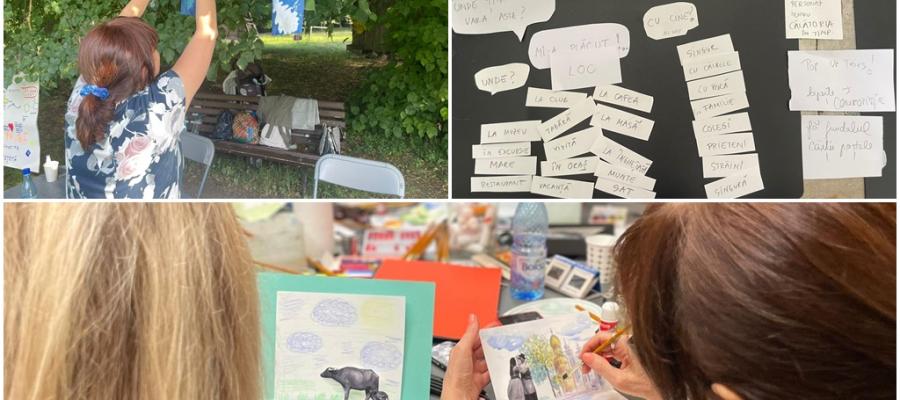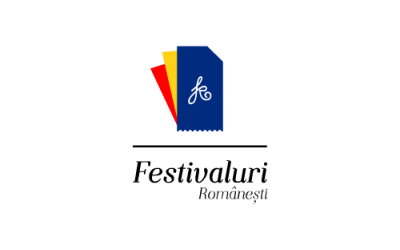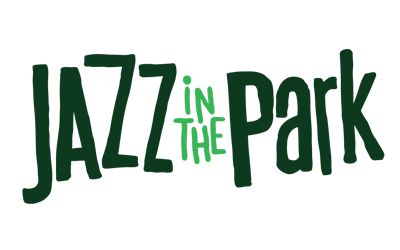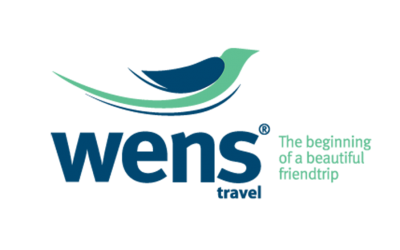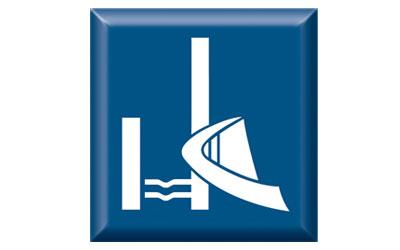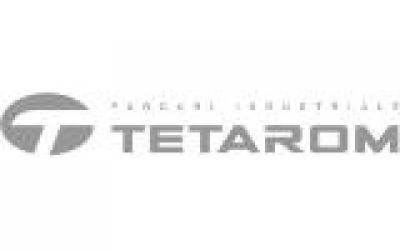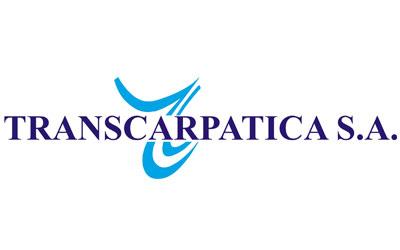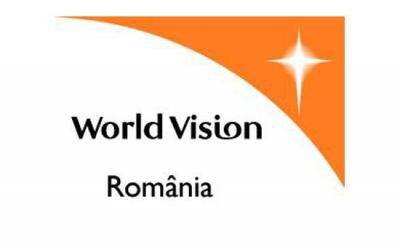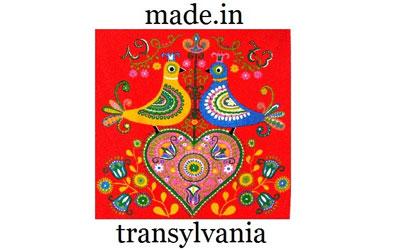A project run by the Ethnographic Museum of Transylvania
Five organizations from five European countries with different views on cultural heritage, including the Ethnographic Museum of Transylvania, have explored how they can be used to teach mother tongues as a second foreign language to refugees and migrants.
The Warsaw Museum in Poland organizes Polish language learning through local art and history. Centrum Demokratického Vzdělávání in the Czech Republic explores Czech language learning through traditional culinary culture. A foreign language school in Luxembourg, Lux Langues SA, is testing how English and French can be assimilated through guided tour activities, and Italy's Stazione Utopia in Italy is learning Italian as a foreign language by exploring the flora and fauna of the historic gardens of the Medici villa.
Through its activities within this project, the Ethnographic Museum of Transylvania in Cluj-Napoca, a cultural institution subordinated to the Cluj County Council, uses elements of popular, traditional material and immaterial culture in the teaching of Romanian. By the end of 2024, there will be 100 adult refugees and migrants in Cluj who will carry out Romanian language learning activities in five workshops such as: gastronomy of your country, postcard making, the story of your museum and treasure hunting.
"One of the basic needs, alongside economic and social security, is communication, a huge challenge especially for those who have been forced by the unfortunate circumstances of war, for example, or poor living conditions to find shelter in a country with a very different language and culture from their home country. Learning the local language helps not only to communicate effectively, but also to integrate well into the community, build relationships, access essential services and improve job prospects. Therefore, a solution for the integration of these people can be the international project PILLOT - Promoting Language Learning in the Languages of Adoptive Countries for Refugees and Migrants through Local Cultures and Cultural Heritage, whose main objective is to find the appropriate formula for integrated and non-formal teaching of foreign languages and the culture and history of the region through tangible and intangible heritage." (Andreea Iasko, project manager)
In the workshops developed through this project, linguists and trainers who work daily at the Cluj museum will deal with language learning for migrants and refugees in a different way than language teachers.
The ultimate goal is to create a language learning methodology contained in a best practice guide produced, by the end of 2025, by all project partners so that it can be used in different contexts and at different levels of language learning.
So far, after the first nine months of implementation, 40 beneficiaries have participated in the workshops at the Ethnographic Museum of Transylvania in Cluj-Napoca, and 25 activities have been created which will be tested in the project and included in a very useful catalog, a substantial guide to practical Romanian language learning.
Registrations for the next workshops, which will run in Cluj for migrants and refugees until December 2024, can be made at: contact@muzeul-etnografic.ro. The October events will take place on October 12, 19 and 24. For details call 0783005146.


